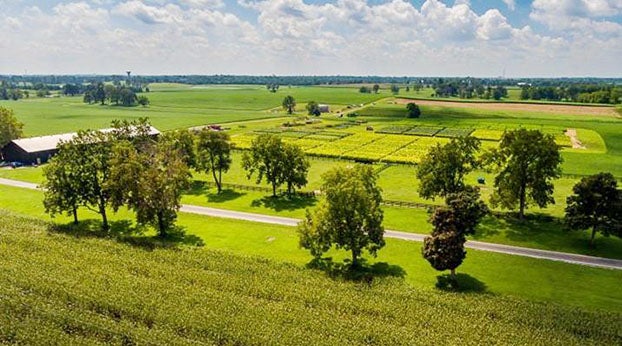FARM FACTS: Protecting livestock from winter weather
Published 9:00 am Thursday, December 22, 2016
By Will Stallard , U.K. Extension Agent for Agriculture
Providing sufficient water, ample high-quality feed and weather protection are the three most important things you can do to protect livestock from cold stresses this winter. Cold stress reduces livestock productivity including rate of gain and milk production.
Pay special attention to very young and very old animals that might be less able to tolerate temperature extremes and have weak immune systems.
Dehydration and hypothermia are the two most likely livestock life-threatening conditions for livestock in cold weather. Animals usually tend to drink less water in severely cold conditions, increasing the risk of dehydration. Many animals, especially young ones, might not know how or be able to break through ice to reach water.
Be sure your livestock always have plenty of clean water in liquid form. Frozen water and snow won’t provide what the livestock need. Dirty water is a host for disease organisms.
The amount of water needed daily varies based on the temperature and animals size, if they are in lactation, and feed intake. Generally, horses will need 10 to12 gallons of water per day; cows- 10 to12 gallons, and sheep and goats, 3 to4 gallons/day.
Livestock produce body heat through forage digestion, which produces heat while releasing energy to the animal. Good quality grass hay or alfalfa grass hay are the best source of total digestible nutrients for cold weather. Feeding some grain also provides extra energy to maintain body temperature.
Finally, it’s important to provide some sort of protection for livestock because wet conditions and wind chill add to animal cold stress. Windbreaks provide protection for livestock, especially young animals. For many farms, a cedar thicket or a wooded valley makes a sufficient windbreak and warmer spot for your livestock.
Use good common sense management and make sure your livestock have plenty of water, extra feed, and protection from the wind, cold and wet weather.



